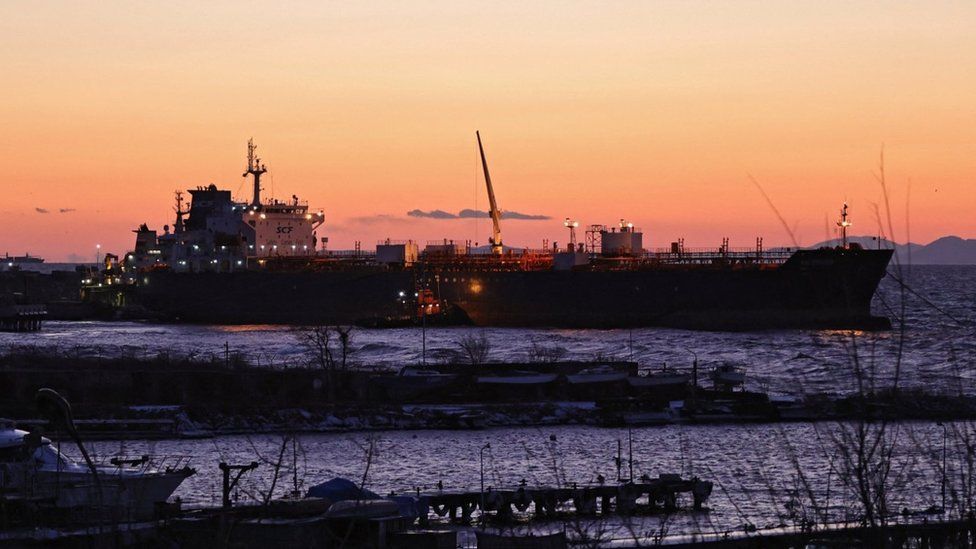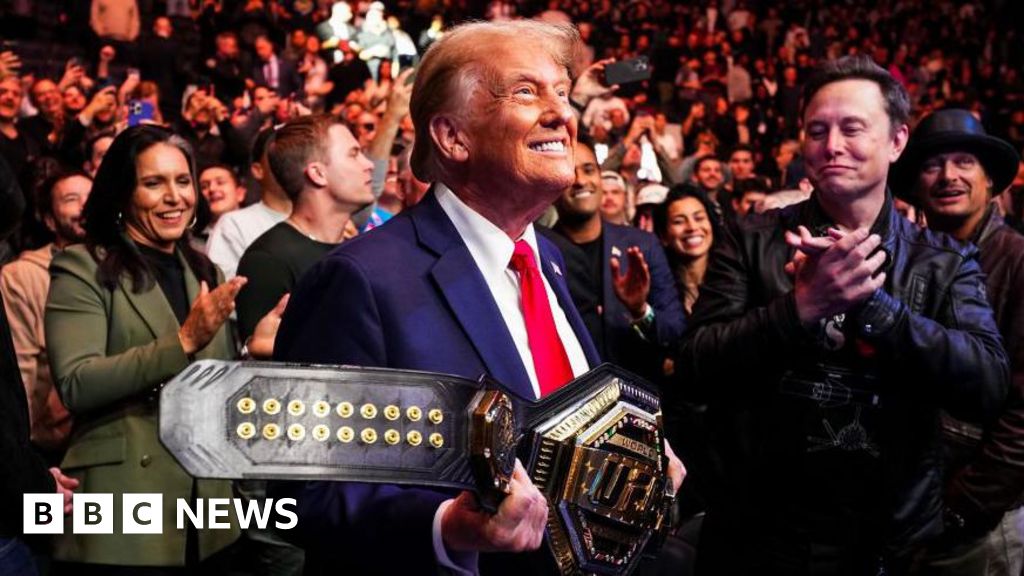ARTICLE AD BOX
 Image source, Russia
Image source, Russia
Russia says it will not accept a cap on prices for its oil exports approved by Western allies.
The cap, approved on Friday, is aimed at stopping countries paying more than $60 (£48) for a barrel of seaborne Russian crude oil.
The measure - due to come into force on Monday - intensifies Western pressure on Russia over the invasion.
But Kremlin spokesman Dmitry Peskov said that Moscow had prepared for the move and was assessing its options.
"We will not accept this ceiling," he said.
The price cap was put forward in September by the G7 group of industrialised nations (the US, Canada, the UK, France, Germany, Italy, Japan and the EU) in a bid to hit Moscow's ability to finance the war in Ukraine.
In a joint statement, the G7, the European Union and Australia said the decision was taken to "prevent Russia from profiting from its war of aggression against Ukraine".
The White House described the deal as "welcome news", saying a price cap will help limit Putin's ability to fund the Kremlin's "war machine".
UK Chancellor Jeremy Hunt said the UK would not waver in its support for Ukraine and would continue to look for new ways to "clamp down on Putin's funding streams".
Though the measures will most certainly be felt by Russia, the blow will be partially softened by its move to sell its oil to other markets such as India and China - which are currently the largest single buyers of Russian crude oil.
Ukraine says the Western-proposed cap should be halved.
"Russia's economy will be destroyed, and it will pay and be responsible for all its crimes," Ukraine's presidential chief of staff Andriy Yermak said on Saturday on Telegram.
But a cap of "$30 would have destroyed it more quickly", he added.
The agreement of a price cap comes just days before an EU-wide ban on Russian crude oil imported by sea comes into force, also on 5 December.
The price cap - which is meant to affect oil exports worldwide - is meant to complement that.
Countries which sign up to the G7-led policy will only be permitted to purchase oil and petroleum products transported via sea that are sold at or below the price cap.
Ukraine's Western allies also plan to deny insurance to tankers delivering Russian oil to countries that do not stick to the price cap. This will make it hard for Russia to sell oil above that price.
Before the war, in 2021, more than half of Russia's oil exports went to Europe, according to the International Energy Association. Germany was the largest importer, followed by the Netherlands and Poland.
But since the war, EU countries have been desperately trying to decrease their dependency. The US has already banned Russian crude oil, while the UK plans to phase it out by the end of the year.

 1 year ago
64
1 year ago
64








 English (US)
English (US)